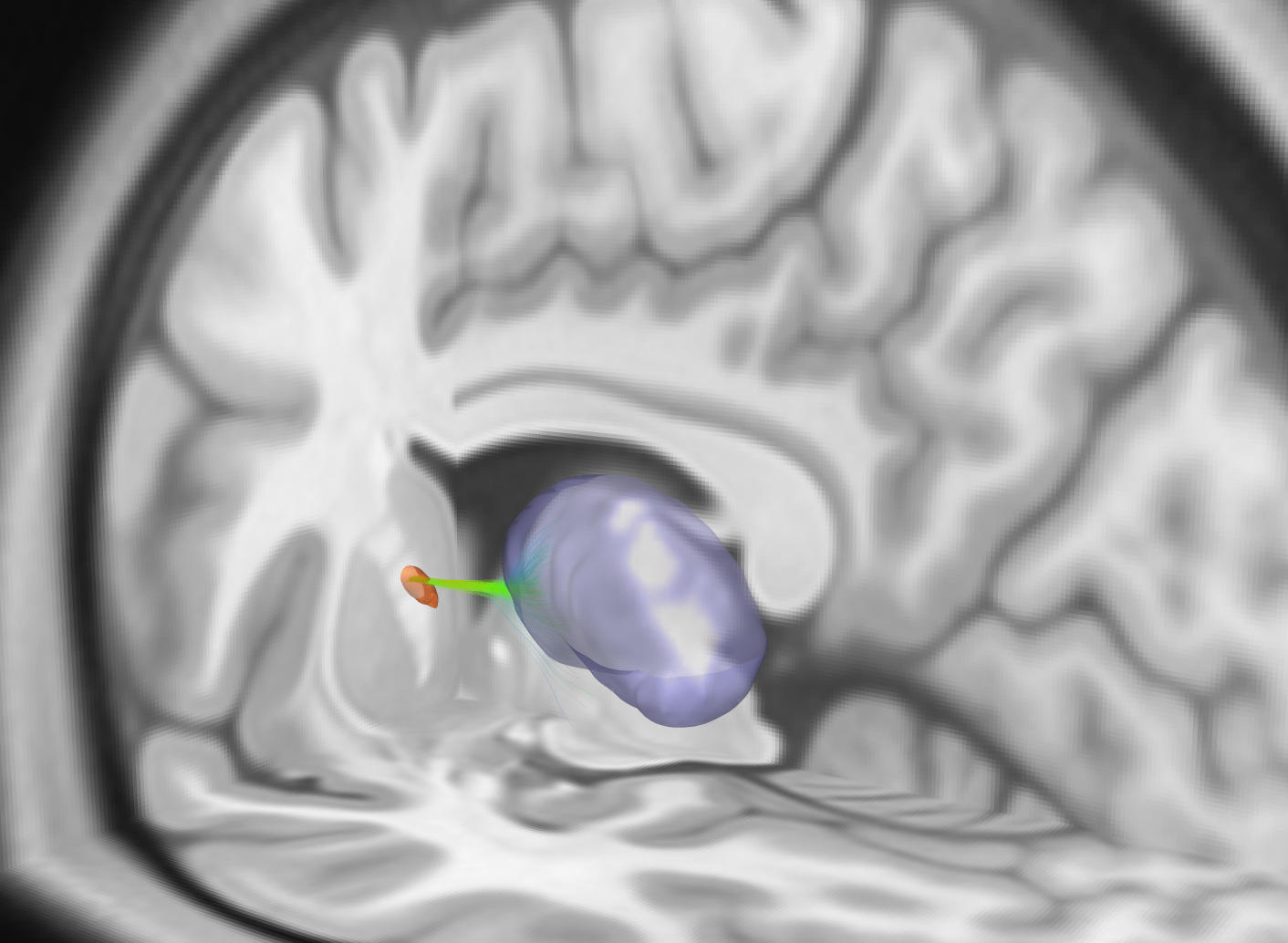Key Points
- An international group of neuroscientists investigated the relationship between lesion location and long-term outcome in OCD patients treated with focused ultrasound capsulotomy.
- Lesioning in a specific area in the dorsal anterior limb of the internal capsule produced successful, long-term relief of symptoms.
- Lesion engagement of areas 24 and 46 was significantly associated with clinical outcomes.
 Potential Optimization of Focused Ultrasound Capsulotomy for Obsessive Compulsive Disorder
Potential Optimization of Focused Ultrasound Capsulotomy for Obsessive Compulsive Disorder
To determine optimal lesion location and clues about alleviating symptoms, an internationally collaborative group of neuroscientists investigated the relationship between lesion location and long-term outcome in patients with OCD who were treated with focused ultrasound capsulotomy. Functional MRI and tractography data from 11 patients were analyzed and validated. Lesioning in a specific area in the dorsal anterior limb of the internal capsule produced successful, long-term relief of symptoms, and lesion engagement of areas 24 and 46 was significantly associated with clinical outcomes. This study should help refine focused ultrasound treatment for OCD and promote network-based rationale for alternative targets.
See Brain >
